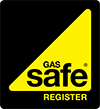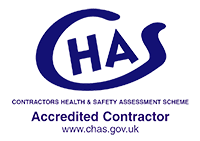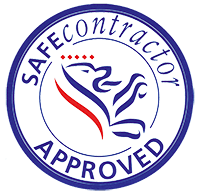Did you know that all gas engineers working in the UK have to be on the Gas Safe Register by law? This applies to both independent engineers, working for themselves, and engineers working for companies. You cannot work on a gas appliance unless you are Gas Safe Registered. You may have once known this as Corgi Registration.
As a consumer, you need to know what this means in practice: is it a robust professional standard, or a box ticking, form filling exercise? Well, we want to reassure you that it is definitely the former. Here is what you need to demonstrate in order to become Gas Safe Registered.
Before you can even apply to Gas Safe, you must be appropriately qualified. This will usually be through the Accredited Certification Scheme (ACS) or could be an appropriate level NVQ but must be issued by a recognised awarding body. This can have been completed during an apprenticeship or vocational training.
This training provides a grounding that ensures you have the appropriate level of knowledge, understanding and practical skills to undertake gas work safely. All evidence of these qualifications is sent by the awarding body electronically to Gas Safe Register and is only recognised once received from the awarding body concerned, so you can’t just send in fake certificates or dodgy references!
There are many disciplines within the gas industry that you can be given Gas Safe Registration for. Just because you have Gas Safe Registration does not mean that you can work across all disciplines. The disciplines you are registered for correspond to your qualifications and competences.
Once your qualifications and evidence of competence have been verified, you will become Gas Safe Registered for a probationary period of 3 months. During these 3 months you are fully registered but you will need to keep records and evidence of the work you’re doing, which will need to be submitted to Gas Safe. You will then be inspected. If you demonstrate competence through the inspection process, you will then be granted 12 months Gas Safe Registration.
It is worth noting that your registration can be withdrawn after the probationary period, if you don’t demonstrate the competence required, or you simply don’t complete enough relevant work. The 3 months can also be extended if Gas Safe feels you have further work to do to show you meet the right standards.
As stated above, Gas Safe Registration lasts 12 months and you will need to renew this annually. This requires new inspections so all gas engineers are checked every year.
There are a couple of ways you can check. All engineers are listed on the Gas Safe website. You can check by company name or by engineer licence number. All Gas Safe Registered engineers must carry an ID card that is issued by Gas Safe each year when they renew. You should ask to see this when an engineer visits. Here is a sample of what ID cards look like:
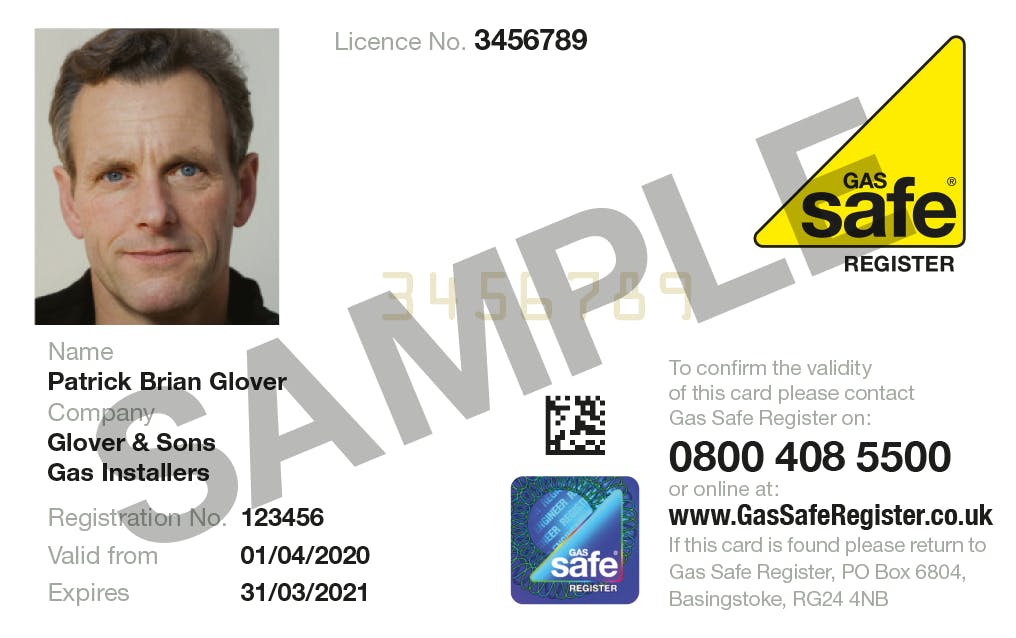
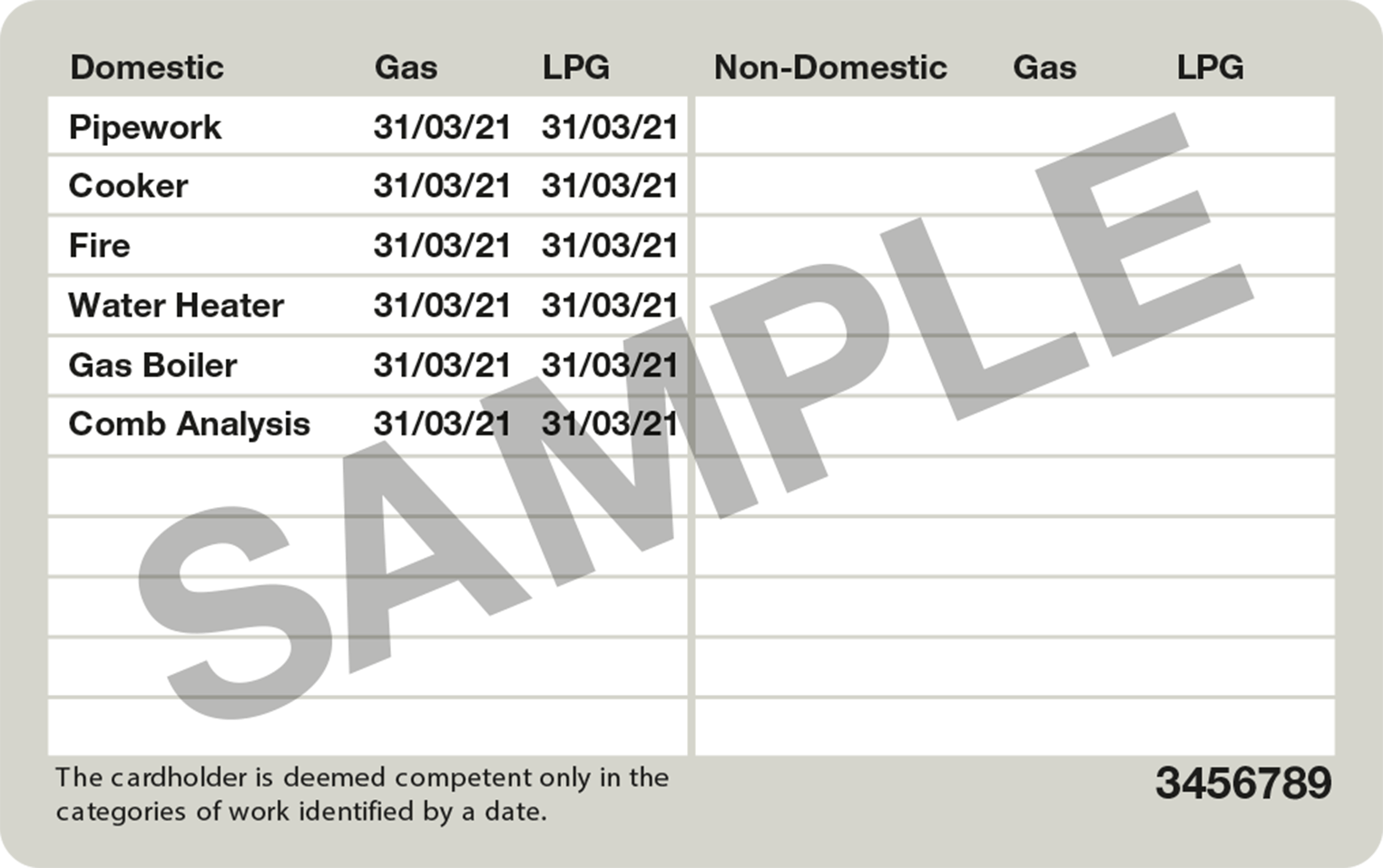
As well as providing a photo and the engineer’s licence number, it also details which disciplines the engineer is registered to work on.
As a customer, this should give you peace of mind that the gas engineers who come to your home are competent, qualified, and regularly vetted. The process is designed to be robust and it applies to all gas engineers; there is no alternative scheme.
See all the blogs for Gas Safety Week so far here.
Complete the form below and one of the Plumbcare.com team will get back to you as soon as possible.
